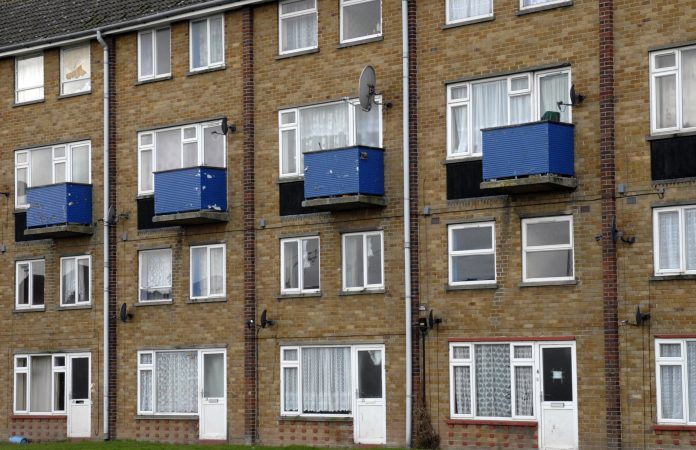Councils and Housing Associations lack actionable data to tackle energy efficiency drive as Rishi Sunak authorises £18 million energy efficiency public information campaign
Whilst it is welcomed that the Government is spreading the word on energy efficiencies with their just announced £18 m energy efficiency information campaign, it is a significant lack of actionable data held by local government and the social housing sector that inhibits the effective planning and funding of energy efficiency and cost reduction initiatives to tackle the fuel poverty issue that is impacting those on benefits and low incomes, especially as winter looms.
Fuel poverty crisis challenges
The key challenge at the heart of the fuel poverty crisis is the lack of accurate and actionable data. Suppose local governments knew precisely which households would benefit by which measure and how much. In that case, energy efficiency + energy generation measures could be better prioritised and, as a result, would optimise the impact of budget and funding allocation. And to do that, they must have actionable data to act upon. That means knowing which properties would be suitable for rooftop solar, which require urgent wall and roof cladding due to poor insulation.
How old is the gas heating boiler stock per property/per locale?
Which properties require new or refurbished windows and doors?

Our research shows that the following energy efficiency and cost reduction initiatives could reduce a typical family unit’s annual energy bill (in a social housing dwelling) by circa £2,000, and overall, this impactful energy efficiency and cost reduction initiatives payback within a 4 – 5-year period yet deliver instant fuel poverty relief (with Solar especially) by bill reduction rather than bill subsidy.
Are we tackling fuel poverty and promoting energy efficiency?
Further research demonstrates that it is a minority of Local Councils around the country and very few Housing Associations that have announced significant programmes similar to the above to tackle head-on the very real problem of fuel poverty for many in our society. And the main reason is the lack of data to drive policy decision-making and funding that leads to project execution.
Surveying residents on their energy costs and identifying problems such as poor wall and roof insulations, draughty windows and doors, and old lighting systems are pretty easy to undertake and would result in key actionable data that would significantly impact energy bill reduction and make a big contribution to the challenging net zero targets that Councils and Housing Associations are facing in the run-up to 2030.
To be fair in this respect, PowerMarket is in dialogue with many of these Councils and Association but is mainly interacting with Energy & Estate/Facility management and ESG professionals whose remit is to execute those energy efficiency programmes where funding has been allocated who then project manage in line with these organisations’ energy efficiency programmes and net-zero strategies. The policymakers, the politicians that we all vote for; it is they who are more difficult to target and engage with and who need to speed up their energy efficiency programme planning based on real data and allocate spending exactly where it’s needed.
Written by Abhinav Jain, Co-founder & CEO of PowerMarket, the leading Global Platform for turn-key solar life-cycle management





![Europe’s housing crisis: A fundamental social right under pressure Run-down appartment building in southeast Europe set before a moody evening sky. High dynamic range photo. Please see my related collections... [url=search/lightbox/7431206][img]http://i161.photobucket.com/albums/t218/dave9296/Lightbox_Vetta.jpg[/img][/url]](https://www.openaccessgovernment.org/wp-content/uploads/2025/04/iStock-108309610-218x150.jpg)





